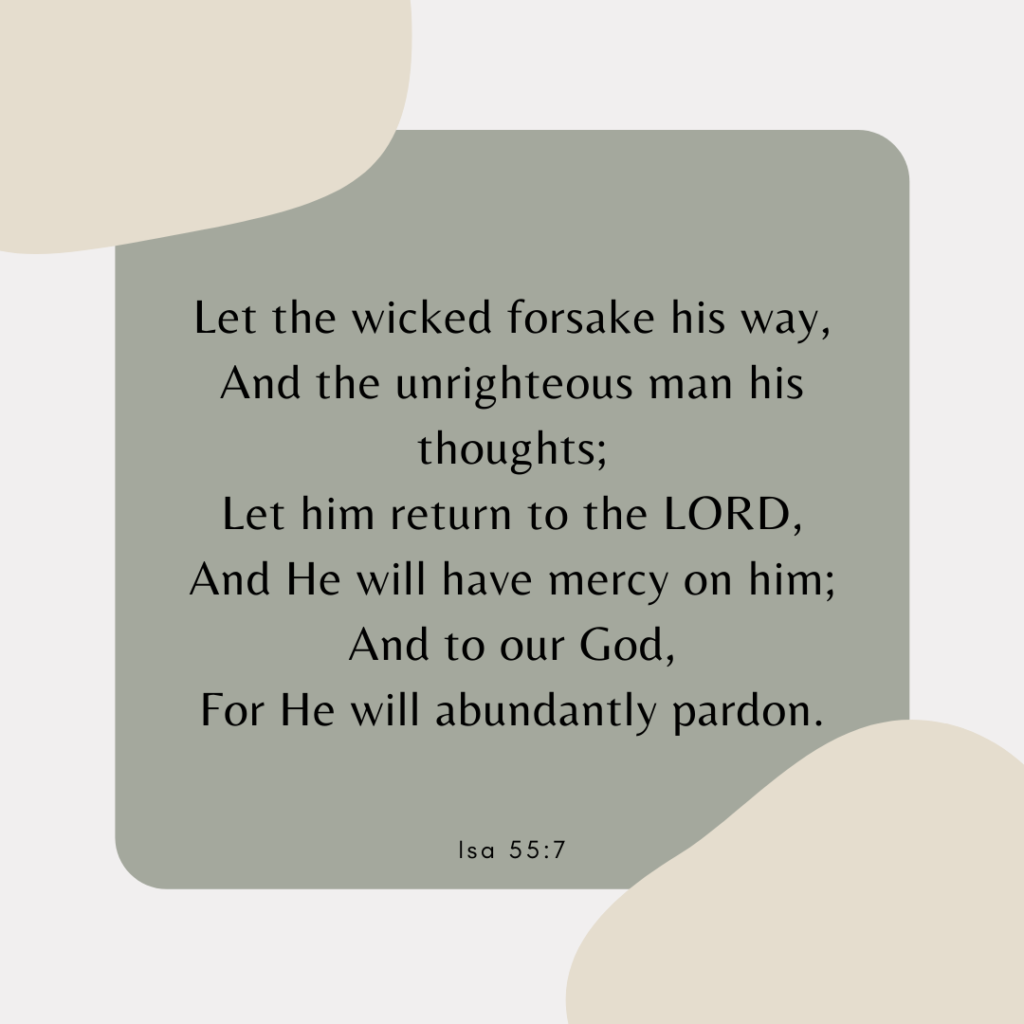1 Samuel Chapter 6

Blessing or woe?
In this chapter, we see two interesting cases, one involving the Philistines and the other, the people of Beth Shemesh.
For the Philistines, we are told of how they were severely punished by God (cf 1 Sam 5:11) for the grave sin that was committed. Not only did they wrongfully possess the ark of the Lord, they showed blatant disregard and dishonoured God. They knew that the gods that they worship is powerless against the Lord God and that the only way to escape the wrath of God is to make atonement, by returning the ark back to His people.
While there was no mention whether the affliction (destruction and tumours) ceased after the ark of the Lord was returned, we can safety assume that it was so. It was a lesson for the Philistines to know that they should not harden their hearts like the Egyptians and Pharaoh and that they must give glory to the God of Israel (1 Sam 6:5-6). That the Lord is God Almighty and that no other gods can be compared with Him.
However let us not go away with the thinking that the Philistines had escaped from woe and entered into blessings. What the Philistines received was more like a stay of execution. This is but a brief reprieve for the Philistines. In subsequent chapters, we read of how God’s hand was against the Philistines all the days of Samuel (1 Sam 7:13). The Philistines did not learnt their lesson.
The Philistines can be likened to the Pharisees and Sadducees (Matthew 3:7 – 10) whom John the Baptist describes as “Brood of Vipers”, for they came to be baptised not because of faith and repentance. There must be true repentance that stems forth from the heart, a conviction to depart from all evil. Otherwise destruction and woe will continue to rain down upon us. Punishment is a certainty, it is only a matter of when punishment will be meted.
Therefore let us not be deceived, thinking that when we have committed wrong and there is no immediate punishment that comes upon us, we assume that what we did is acceptable or forgivable. One must never justify one’s actions by the consequences that is encountered. Rather, we should see a delay in punishment as a grace, there is still an opportunity for one to repent and to turn back from the error of his ways. Lest when punishment catches up with us, there will no longer be any more opportunity to do so.
Also in like manner, when we are afflicted, let us examine ourselves to see if we are in the faith (2 Cor 13:1 – 5). Do not be just contended and pray for the affliction to be lifted from us, but rather pray for the help and comfort of the Holy Spirit to strengthen our inner man, making sincere efforts to change for the better.
To the people of Beth Shemesh, do they see this incident as a blessing from God? Their initial joy and happiness to see the return of the ark turned into grief and despair as God struck fifty thousand and seventy of them.
Was not this occasion meant for our good but why did disaster befall instead. Was it just an excuse to find fault in us and to find grounds to punish?
“Who is able to stand before this holy Lord God?’ (verse 20, Rom 9:19).
In the case of the men of Beth Shemesh, while they may have done well initially, (verses 14 to 16) offering sacrifices and burnt offerings to the Lord, they committed the same transgression as the Philistines when they looked into the ark (verse 19). The blessing turned to woe, not in any aspect because of God’s doing, but rather entirely man’s own doing or rather undoing. We are entirely to be blamed when things go wrong.
However, such is the nature of man, that we proudly refuse to acknowledge this fact but often times target God instead. May the Lord help us discern rightfully and always do what is good (Micah 6:8).